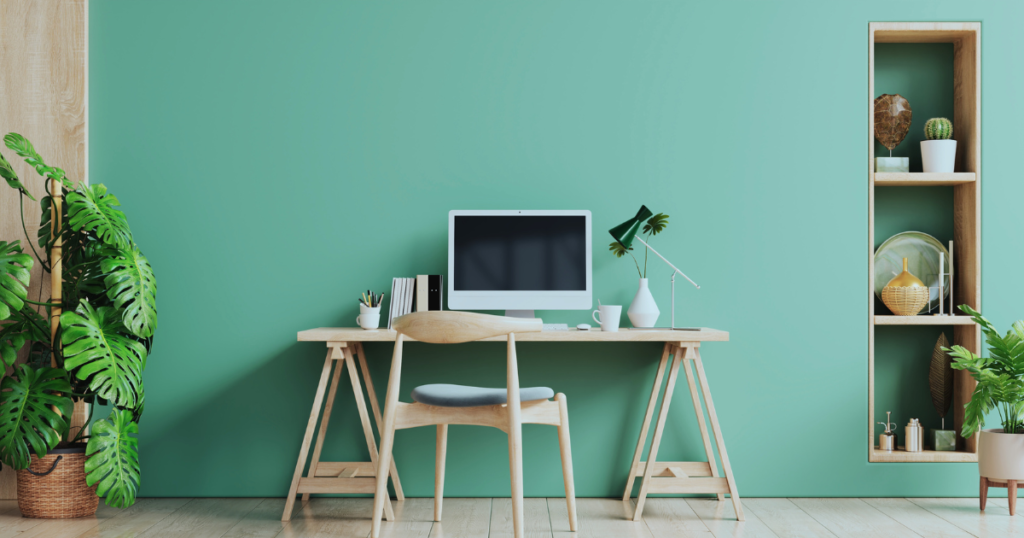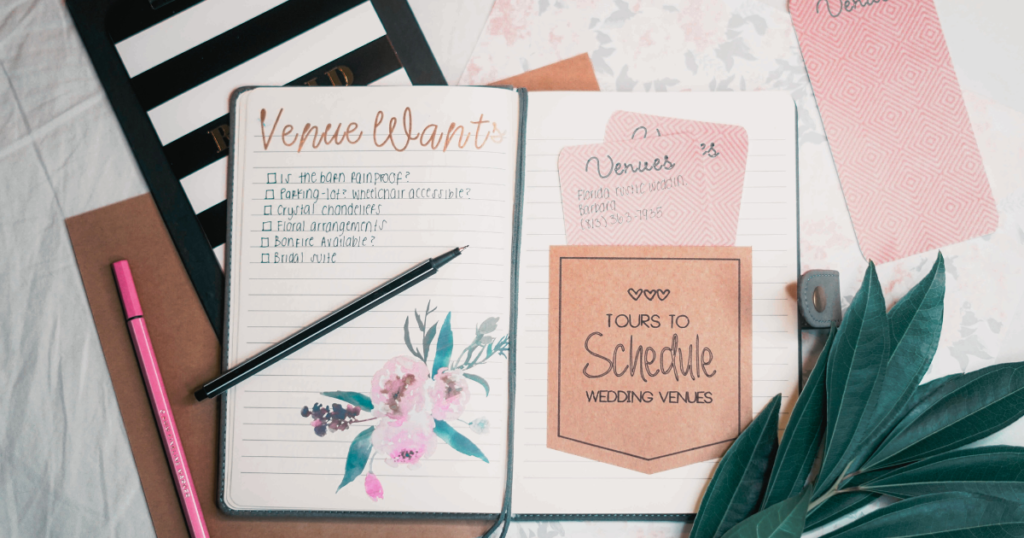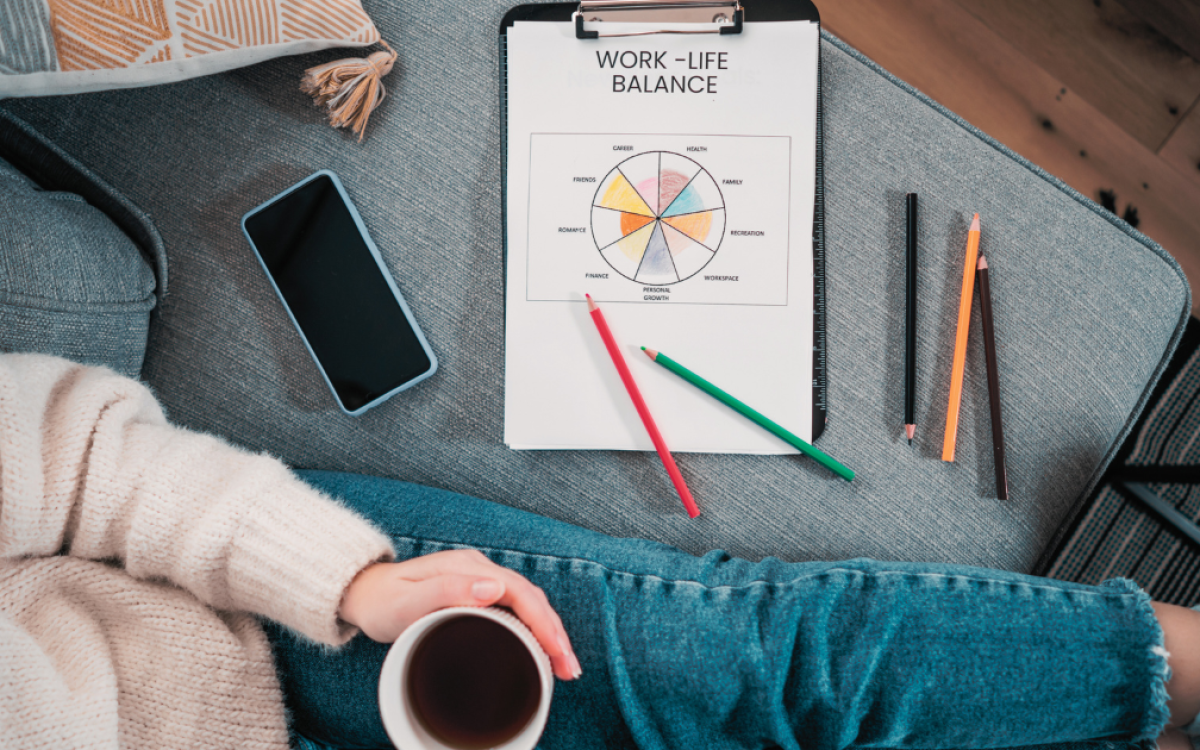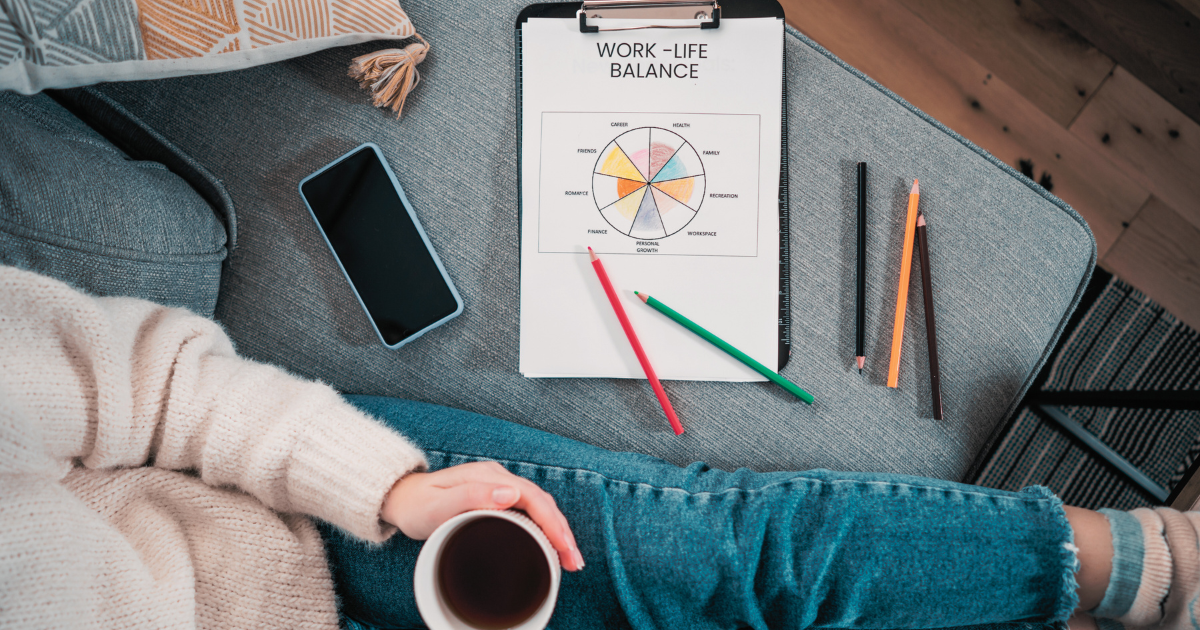In today’s fast-paced world, the quest for a harmonious work-life balance is more critical than ever. The modern lifestyle, characterized by constant connectivity and endless to-do lists, has led to increased stress, burnout, and a perpetual sense of overwhelm. Amidst this chaos, minimalism emerges as a beacon of simplicity and calm. By embracing a minimalist lifestyle, you can declutter not only your physical space but also your mental landscape, making room for what truly matters. Recent studies show that minimalism is gaining traction globally, with search interest peaking in the last five years. This growing movement towards minimalism reflects a collective desire to lead more intentional, balanced lives. In this blog, we’ll explore how adopting minimalism can be a powerful tool in achieving a better work-life balance, and how it aligns perfectly with the principles of slow living.
Understanding Minimalism
- Defining Minimalism: Minimalism isn’t just about owning fewer things; it’s a lifestyle choice that focuses on intentional living. By reducing excess and focusing on what truly matters, minimalism encourages us to live with purpose.
- The Rise of Minimalism: According to Google Trends, the interest in minimalism has seen a steady rise, particularly during the pandemic. People are seeking ways to simplify their lives, leading to an increased adoption of minimalist practices.
- Why Minimalism is Relevant Today: In a world overloaded with choices, minimalism offers clarity. It helps cut through the noise, allowing you to focus on what truly brings value to your life.

The Connection Between Minimalism and Work-Life Balance
- How Minimalism Enhances Focus: By reducing distractions, minimalism allows you to concentrate better on tasks at hand, leading to improved productivity and efficiency at work.
- Reducing Stress through Simplification: A cluttered environment often leads to a cluttered mind. Minimalism helps in reducing mental stress by creating a peaceful, orderly space.
- Balancing Work and Personal Life: With fewer distractions, you can create clear boundaries between work and personal life, contributing to a more balanced lifestyle.
- Slow Living and Work-Life Balance: Slow living, a concept closely tied to minimalism, encourages us to take a step back and focus on the present. This mindful approach can greatly enhance your work-life balance by promoting intentionality in both work and leisure.

Practical Steps to Integrate Minimalism into Your Work-Life Balance
- Decluttering Your Workspace: Start with your workspace. Remove items that don’t serve a purpose or bring you joy. A clean, minimalist workspace can significantly boost your productivity and reduce stress. According to a study by Princeton University, physical clutter competes for your attention, reducing performance and increasing stress.
- Prioritizing Your Tasks: Minimalism isn’t just about physical decluttering; it also applies to your to-do list. Prioritize tasks that align with your goals and values, and learn to say no to activities that don’t contribute to your well-being.
- Adopting Digital Minimalism: In an age of digital overload, practicing minimalism extends to your digital life as well. Limit your screen time, unsubscribe from unnecessary newsletters, and keep your digital tools organized to avoid feeling overwhelmed.
- Simplifying Your Schedule: A minimalist approach to time management involves simplifying your schedule. Focus on fewer commitments, but ones that are meaningful and fulfilling. This approach aligns with the principles of slow living, where quality trumps quantity.
- Mindful Consumption: Embrace mindful consumption by being selective about what you bring into your life, whether it’s physical possessions, digital content, or even social interactions. This conscious approach can lead to a more balanced and fulfilling life. A report by the American Psychological Association highlights how mindfulness practices, including mindful consumption, can reduce stress and improve well-being.

Read related post:
10 Simple Changes for a More Sustainable, Mindful Life
Long-Term Benefits of Minimalism for Work-Life Balance
- Sustaining Balance Through Minimalism: Minimalism is not a one-time fix but a lifestyle that requires ongoing commitment. By continuously evaluating and simplifying your life, you can maintain a healthy work-life balance over the long term.
- Enhanced Well-being: Minimalism encourages you to focus on what truly matters, leading to greater satisfaction and happiness in both your professional and personal life. A study published in the Journal of Positive Psychology found that people who embrace minimalism report higher levels of well-being and life satisfaction.
- Creating a Lasting Impact: By adopting minimalism, you’re not just improving your own life; you’re contributing to a larger movement towards sustainability and intentional living.

Embrace Minimalism, Reclaim Balance!

Minimalism is more than just a trend; it’s a transformative lifestyle that can help you achieve a better work-life balance. By focusing on what’s essential, eliminating distractions, and embracing slow living, minimalism empowers you to lead a more intentional, balanced life. The growing movement towards minimalism, as evidenced by increasing global interest, reflects a collective desire to live more mindfully. Whether you’re looking to reduce stress, improve productivity, or simply find more joy in the everyday, minimalism offers a path towards a more fulfilling life. As you embark on your minimalist journey, remember that the goal is not perfection but progress—one intentional step at a time.
Images courtesy of Canva



